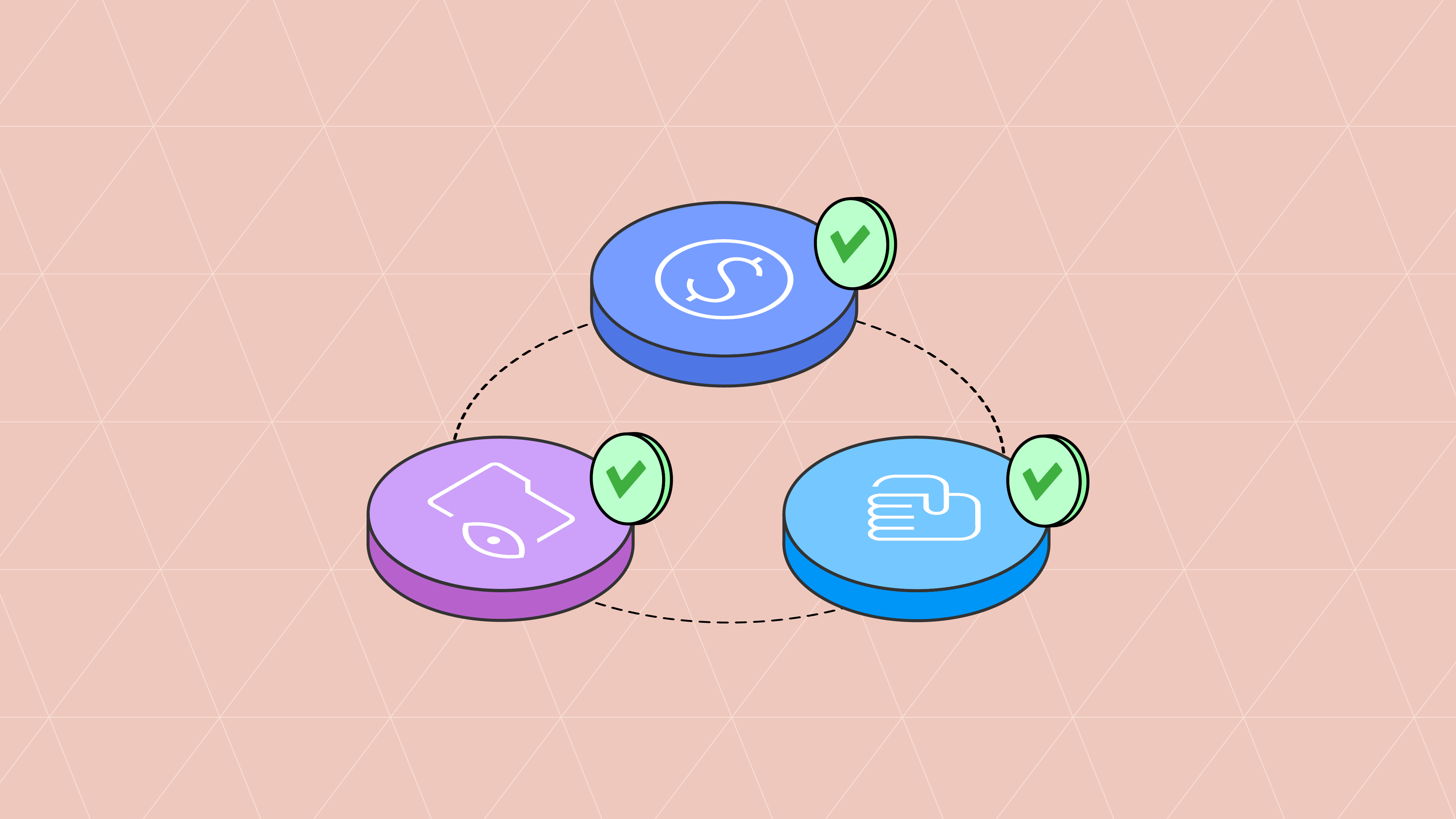Modern supply chains rely on sophisticated technology stacks to manage complex daily operations. NetSuite stands as a premier enterprise resource planning (ERP) solution, serving over 42,000 global customers with comprehensive business management capabilities. When combined with electronic data interchange (EDI) technology, NetSuite creates a powerful foundation for supply chain optimization, accelerating data transfers and reducing order cycle times significantly.
Understanding NetSuite ERP's Core Functions
NetSuite operates as a cloud-based platform that unifies accounting, inventory management, and critical business operations within a single interface. This consolidated approach allows organizations to oversee all operational aspects from one central location.
The platform's widespread adoption stems from its comprehensive feature set and adaptability:
Financial Management and Accounting: NetSuite's accounting module serves as the operational backbone, featuring automated bookkeeping and financial oversight tools. The system automatically updates general ledgers, monitors accounts payable and receivable, and processes invoices without manual intervention. This automation reduces calculation errors and data entry mistakes while improving overall financial accuracy.
Inventory Control Systems: Real-time inventory visibility represents another cornerstone of NetSuite's functionality. Users can track products throughout supply chain stages and receive automated alerts for low stock levels or emerging purchasing patterns. These optimization features help maintain appropriate inventory levels while preventing stock-outs and order cancellations.
Data Analytics and Business Intelligence: Advanced reporting capabilities provide comprehensive insights into business performance. Built-in report generation covers everything from customer purchasing behaviors to monthly operational expenses. Organizations use these analytics to identify process inefficiencies, analyze performance metrics, and optimize operational workflows.
Key Advantages of NetSuite EDI Integration
Connecting EDI solutions with NetSuite ERP creates an end-to-end supply chain management system. EDI facilitates secure electronic document exchange between trading partners, automatically transferring invoices, purchase orders, and business documents without manual intervention. This integration produces significant operational improvements across multiple areas.
Accelerated Order Processing
EDI integration dramatically improves order processing speed by creating automated connections between business applications. When customers place orders, all connected systems instantly update with corresponding invoice data, purchase order information, and sales details.
This rapid information flow allows teams to process orders more efficiently. Authorized users access real-time order updates and can adjust workflows immediately based on current conditions. The unified platform eliminates system switching, reducing processing times and improving decision-making speed. Enhanced accessibility leads to faster responses to operational challenges and improved customer satisfaction rates.
Improved Trade Collaboration
EDI and ERP integration significantly improves communication channels with trading partners and customers. Automated document exchange simplifies supplier updates regarding order statuses and inventory levels. Real-time data exchange reduces miscommunication risks by minimizing human error potential. Partners receive exact details instantly rather than waiting for lengthy email chains or postal communications.
Enhanced communication strengthens supplier relationships and improves supply chain resilience. All stakeholders maintain visibility into product locations, order statuses, and critical operational details. This transparency enables proactive workflow adjustments.
For example, when supplier shipments face delays, real-time updates provide immediate location information. Early notification allows production schedule adjustments to accommodate late arrivals, minimizing disruption impact.
Cost Reduction Through Automation
Integration-driven efficiency and accuracy create substantial cost savings throughout supply chain operations. Automation reduces human error rates, ensuring tasks complete correctly on initial attempts and avoiding expensive corrections. Cloud-based environments eliminate physical paperwork requirements and storage costs. Digital transformation reduces both supply expenses and labor costs.
Improved transparency supports workflow optimization efforts. NetSuite's advanced data reporting provides comprehensive process understanding, allowing organizations to identify inefficient areas and implement improvements. Increased efficiency accelerates procedures, improving cash flows and order cycle times.
Selecting the Right EDI Provider
Choosing an appropriate EDI provider requires careful evaluation of several factors. The ideal provider should demonstrate proven implementation success, extensive industry experience, comprehensive knowledge resources to support your ERP integration goals and be built using a modern tech stack to future-proof your investment.
Delivery & Approach: Some EDI providers build tools, others build services. Be careful when comparing apples vs oranges, as many tools require EDI expertise that must either be employed in-house, or require the periodic engagement with consultants. There are over 70,000 EDI professionals on LinkedIn. Needing internal capabilities is a decision best evaluated when considering the tradeoffs between costs, service level agreements and strategy. Not every CPG, food, beverage or apparel business views warehousing or EDI as a core competency to move their brand forward.
Budget and Objective Planning: Establishing budget parameters helps maintain financial discipline during provider selection. EDI solutions offer varying price points and feature sets, making predefined budget ranges essential for appropriate matches. Clear goal identification helps track implementation progress and measure success metrics.
Provider Experience Assessment: Experienced providers better understand diverse industry requirements and application scenarios. Research potential providers' track records with similar business needs and integration goals. Industry-specific experience often translates to smoother implementation processes and better ongoing support.
Feature Requirements Analysis: Consider specific business requirements when evaluating providers. Different organizations need varying security protocols, application tools, and integration capabilities. Carefully review provider websites and product specifications to understand EDI capabilities and integration possibilities.
Client Feedback Research: Customer testimonials provide valuable insights into real-world provider experiences. Customers provide detailed installation processes, provider interactions, security implementations, and support quality levels. Supply chain professionals can offer firsthand recommendations based on their provider experiences.
Optimizing Supply Chain Performance with NetSuite EDI
NetSuite ERP provides comprehensive tools that improve daily business operations across multiple functions. EDI integration creates a complete solution for inventory management, financial oversight, and order fulfillment processes.
Modern EDI solutions offer robust NetSuite integration capabilities that streamline supplier communication, accelerate order cycles, and minimize manual data transfers. These integrations can extend to eCommerce platforms for maximum customer visibility and operational efficiency.
Organizations considering NetSuite EDI integration should evaluate their current operational challenges, define clear implementation goals, and select providers with proven integration expertise. The combination of NetSuite's comprehensive ERP capabilities with EDI's automated communication features creates a foundation for sustainable supply chain growth and operational excellence. Ready to discuss your NetSuite EDI Operations? Schedule a free order to cash assessment to best understand your operation with a free written assessment from a Surpass EDI expert.
More articles
Our platform is designed to empower businesses of all sizes to work smarter and achieve their goals with confidence.




